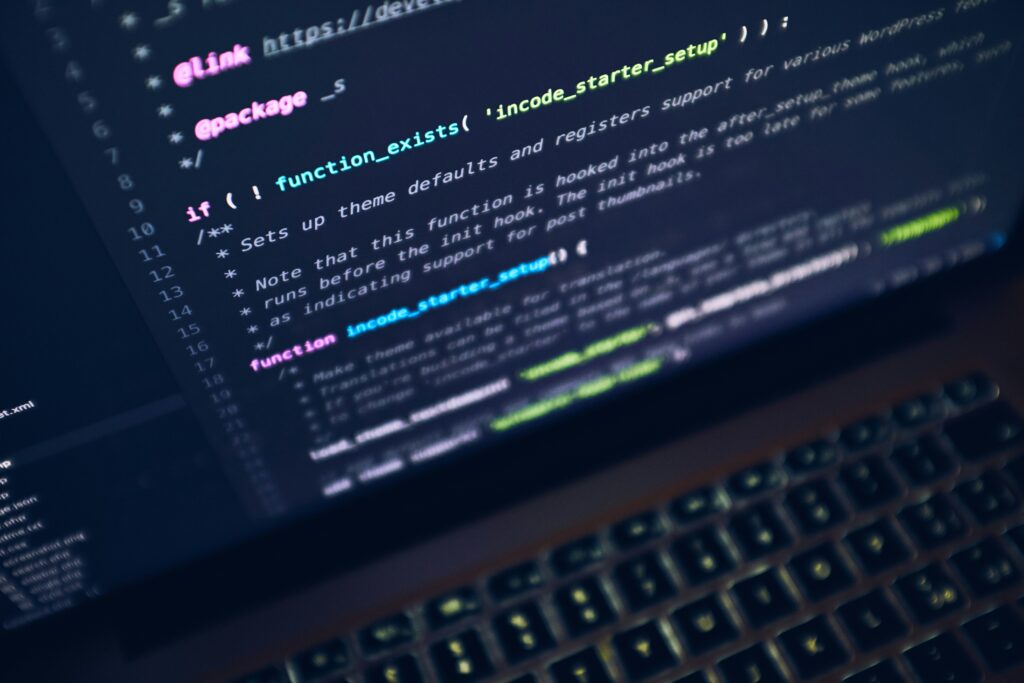Did you know that artificial intelligence is now being used to predict the outcome of court cases? That’s right, algorithms are being employed to analyze judge’s decisions, legal precedents, and other data points to forecast the likely outcome of a trial. This development in AI technology has the potential to revolutionize the legal industry, bringing about more efficiency and accuracy in decision-making processes.
According to a recent study published in the Stanford Law Review, AI algorithms were found to be more accurate in predicting court decisions than human experts. This has significant implications for the legal field, as it could help lawyers and judges make more informed decisions, leading to fairer outcomes for all involved parties.
However, this advancement in AI-powered legal predictions has raised concerns about transparency and accountability. Some critics argue that relying too heavily on algorithms could undermine the principles of justice and equity, particularly if the data used to train the AI models is biased. It will be crucial for legal professionals to strike a balance between leveraging AI technology for efficiency while ensuring that human judgment and oversight are still paramount in the decision-making process.
As we continue to witness the integration of AI in various industries, the question of ethical AI usage becomes increasingly important. It is essential for businesses and policymakers to address these concerns proactively to ensure that AI technologies are used responsibly and ethically in our society.



